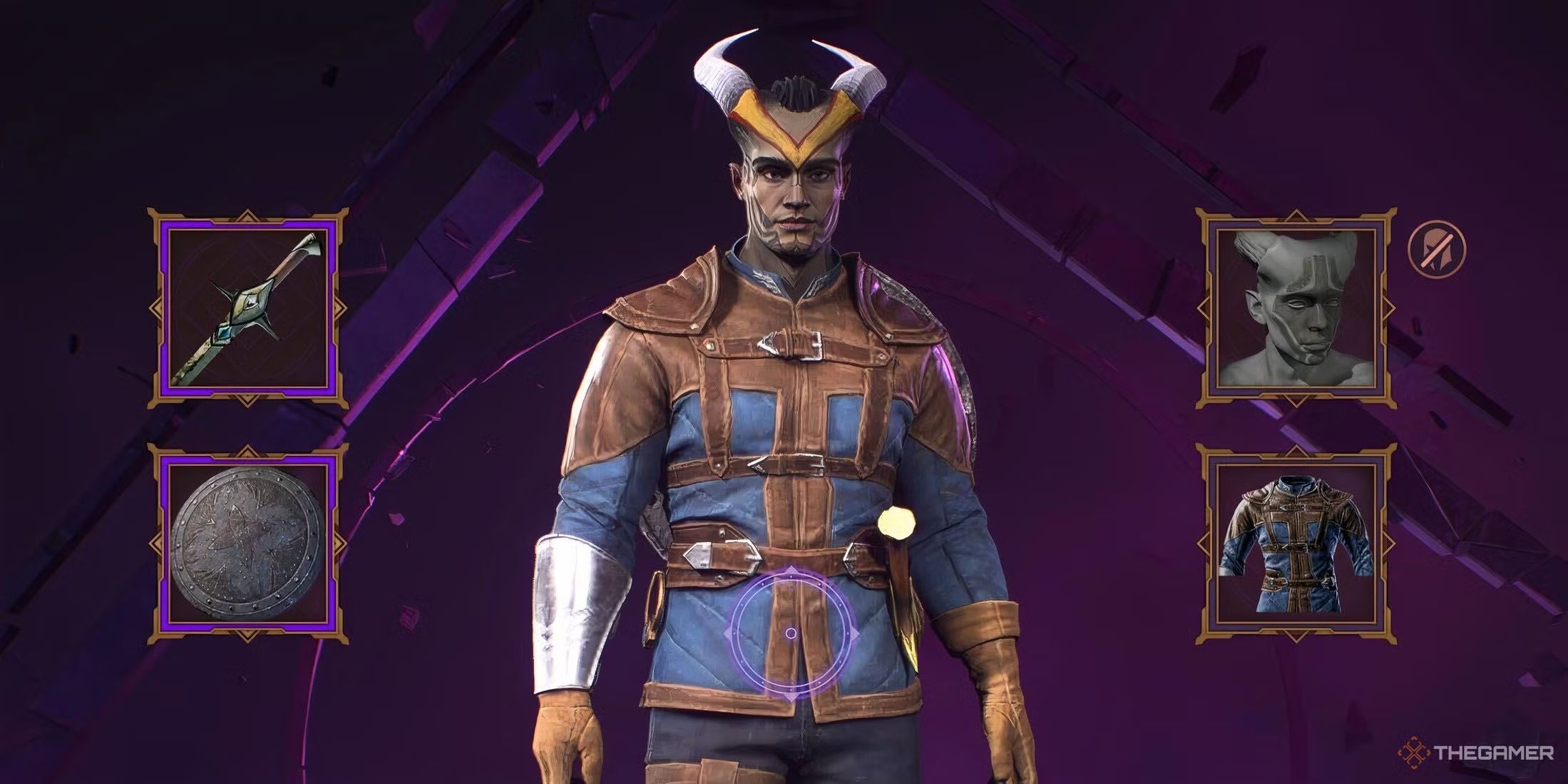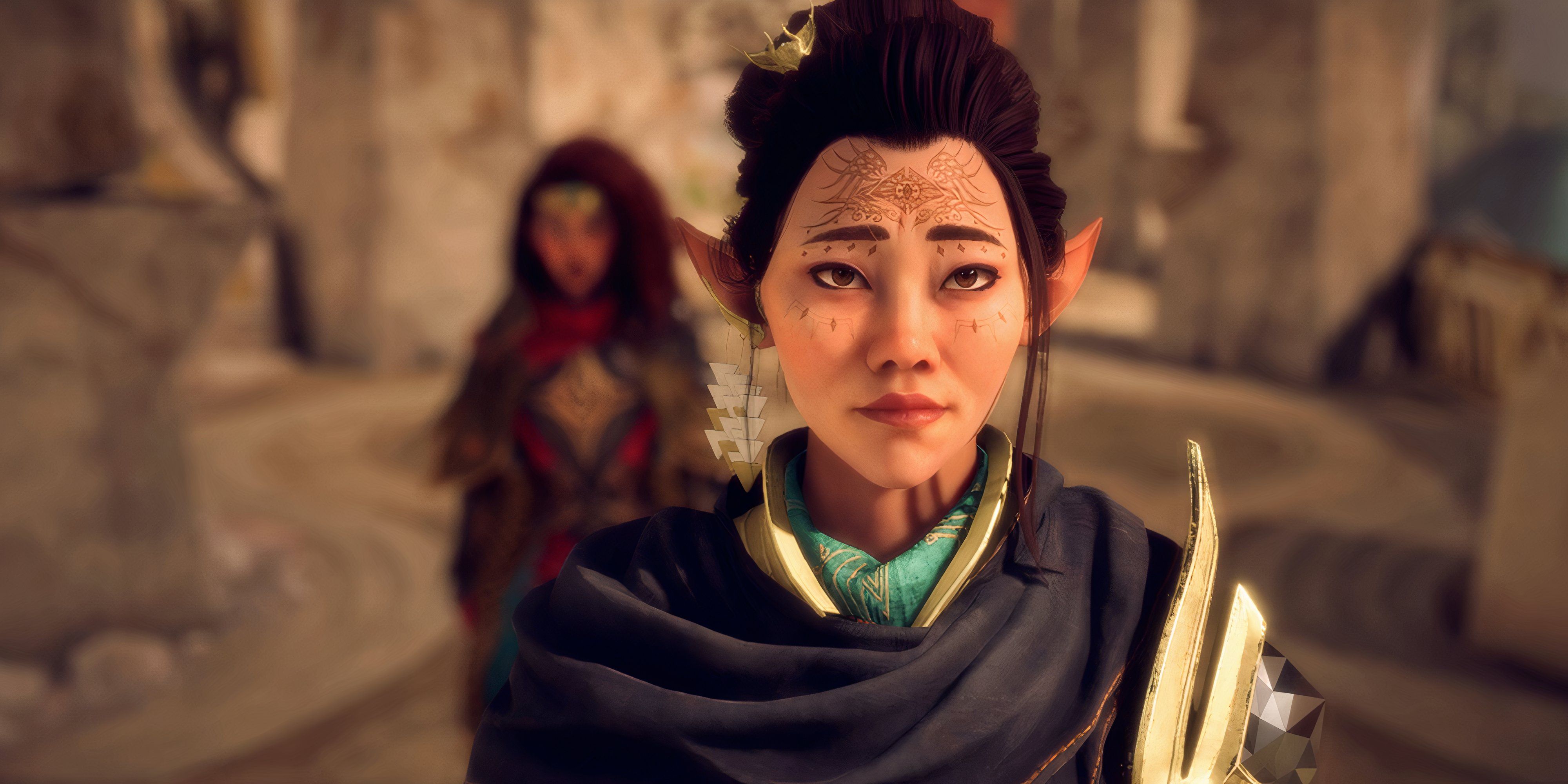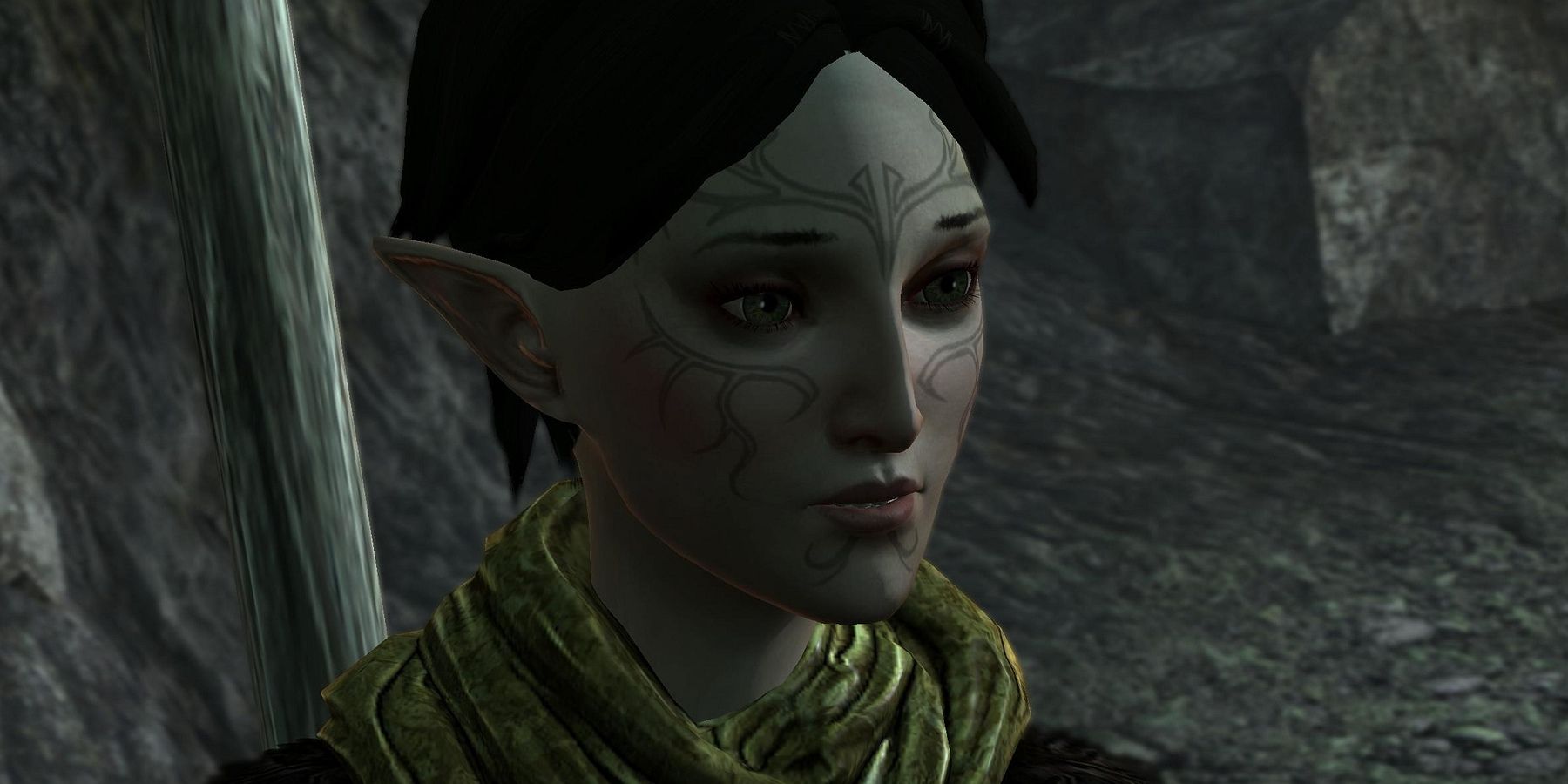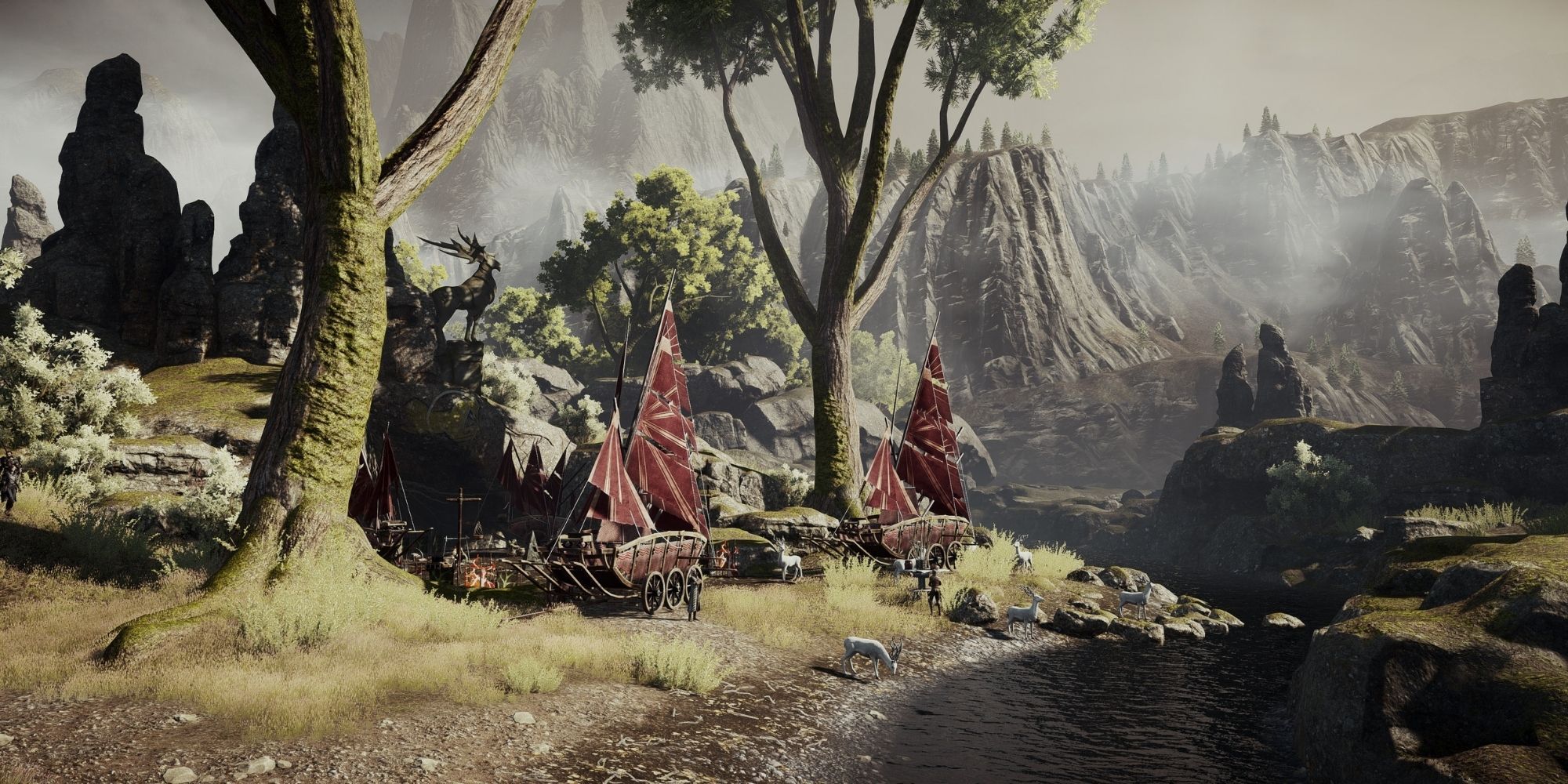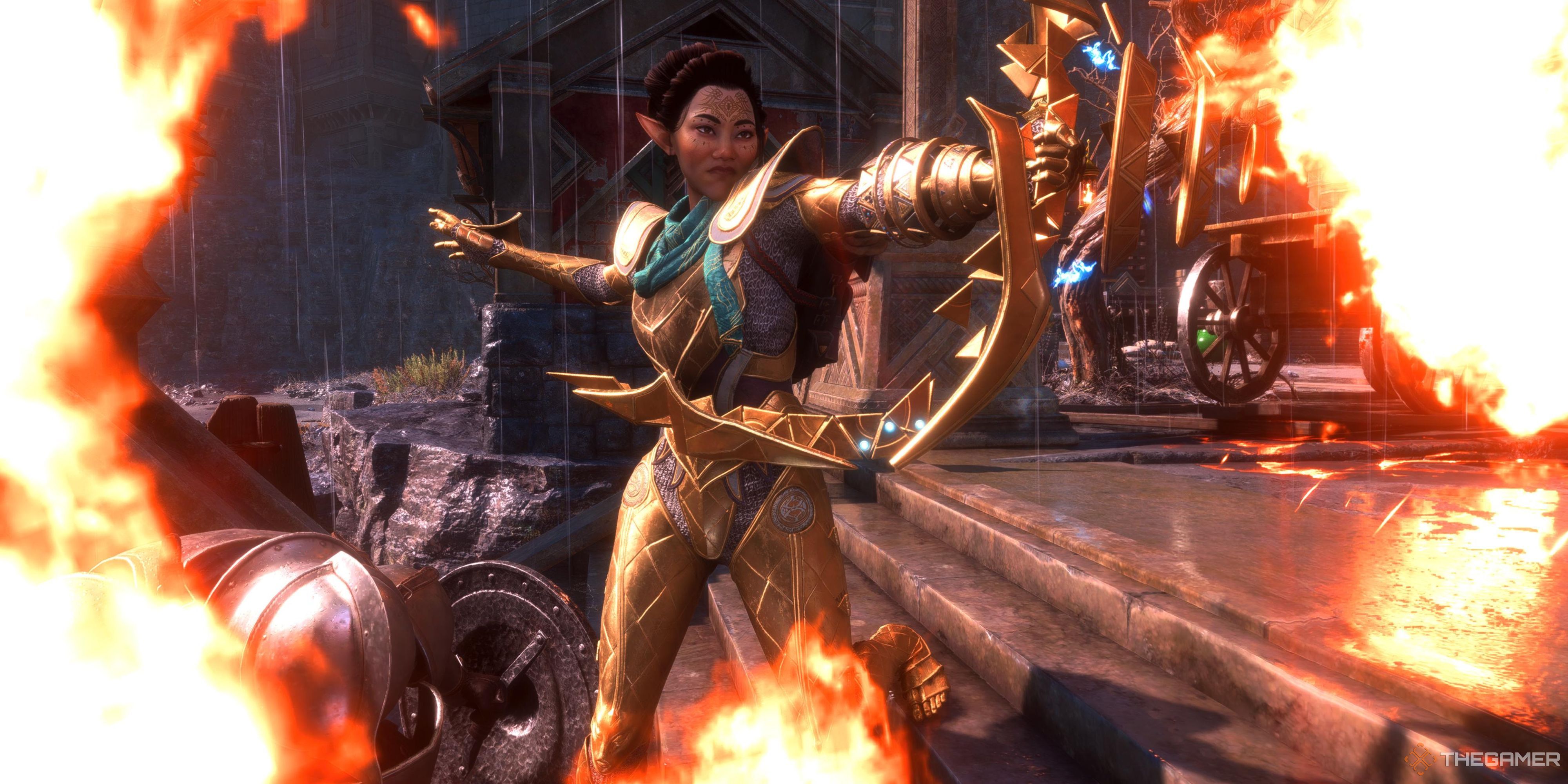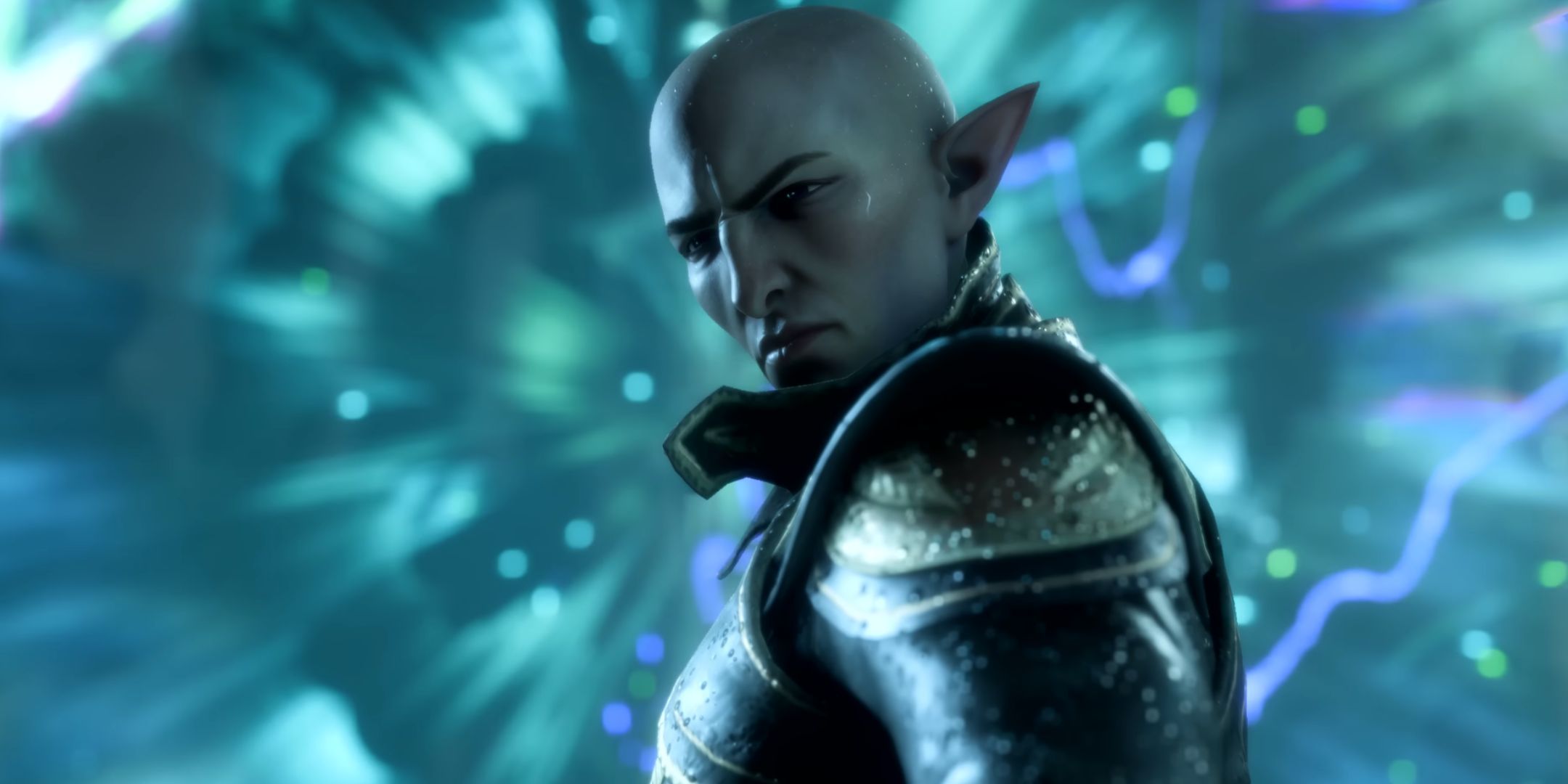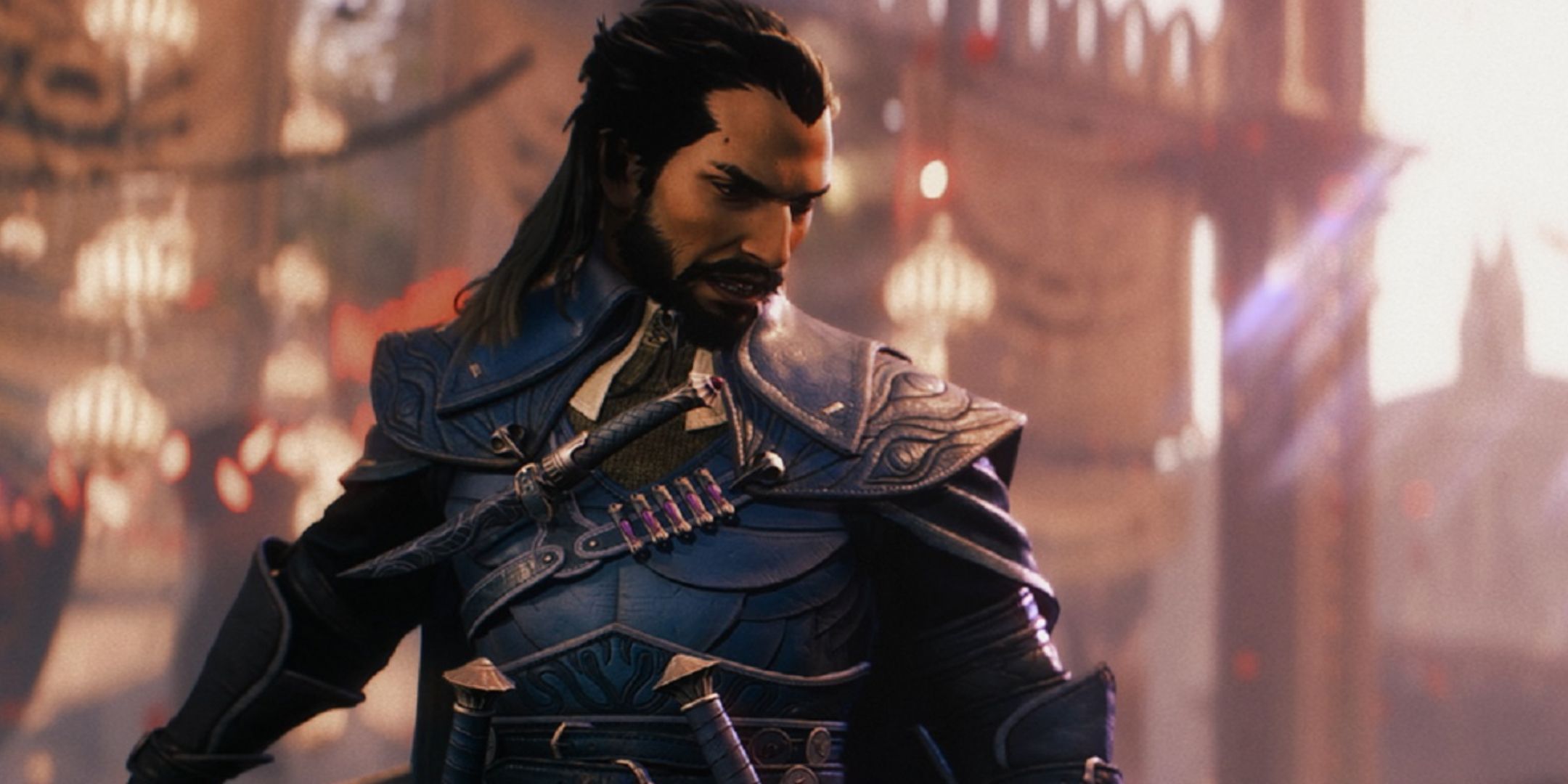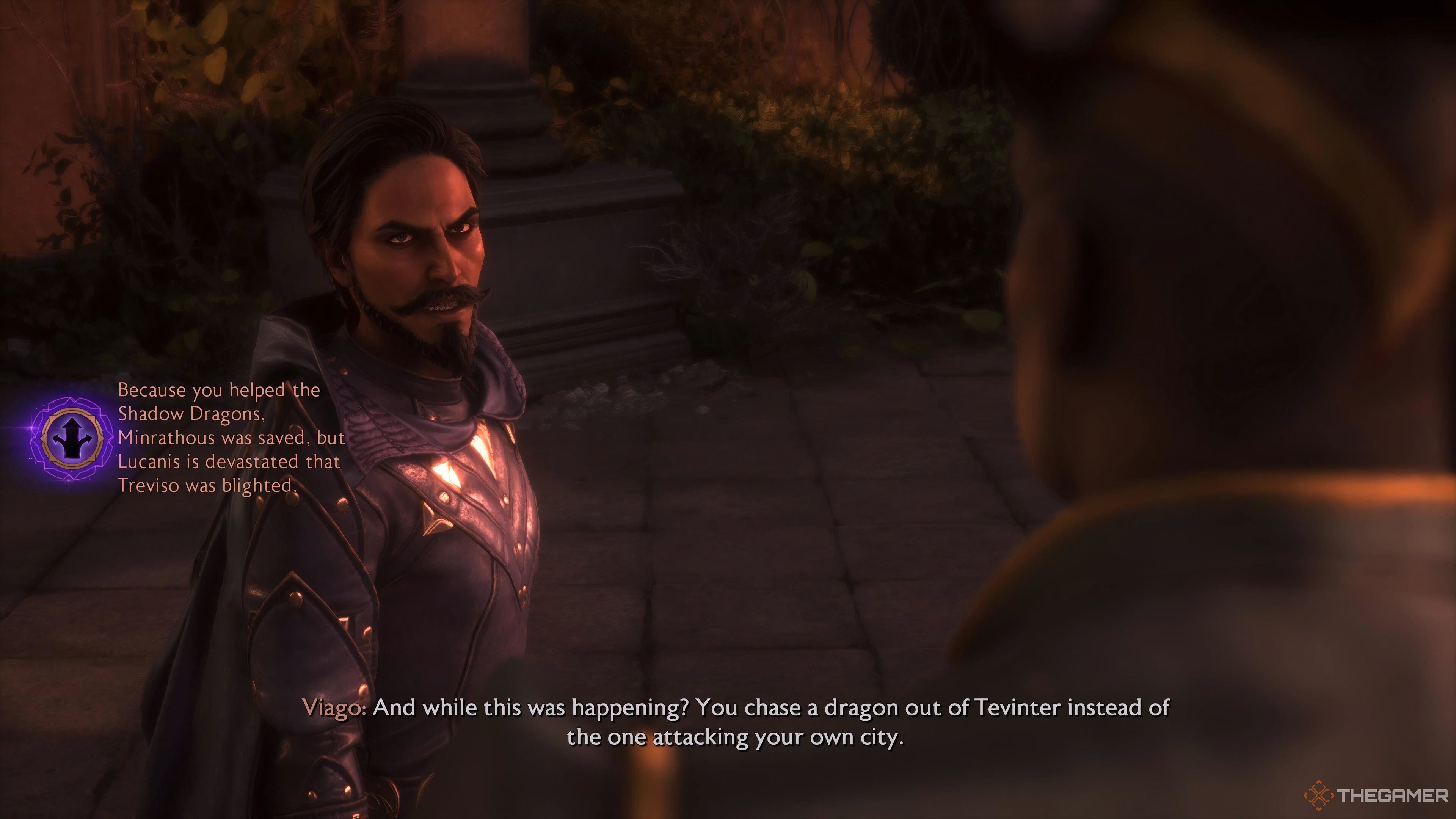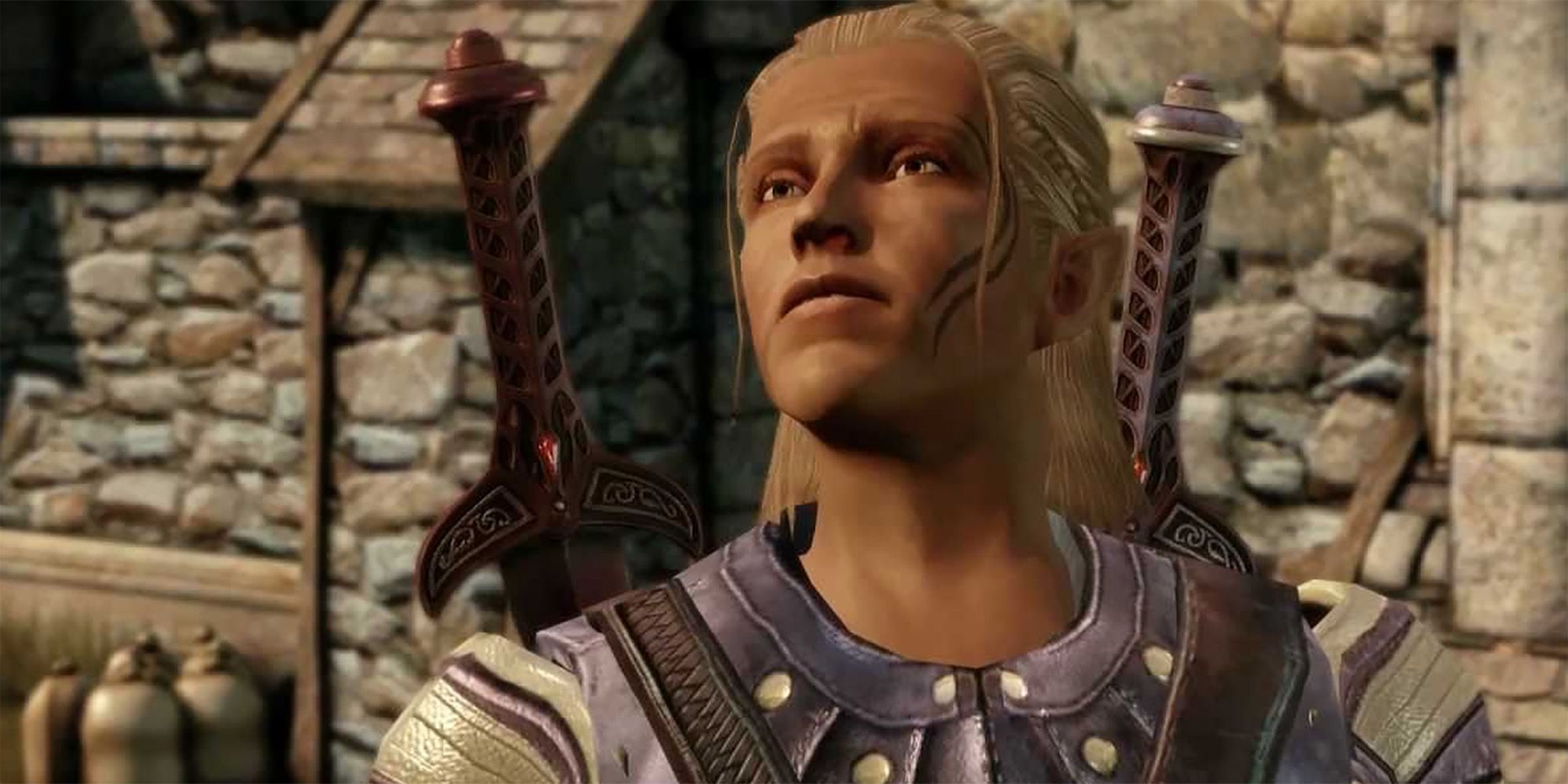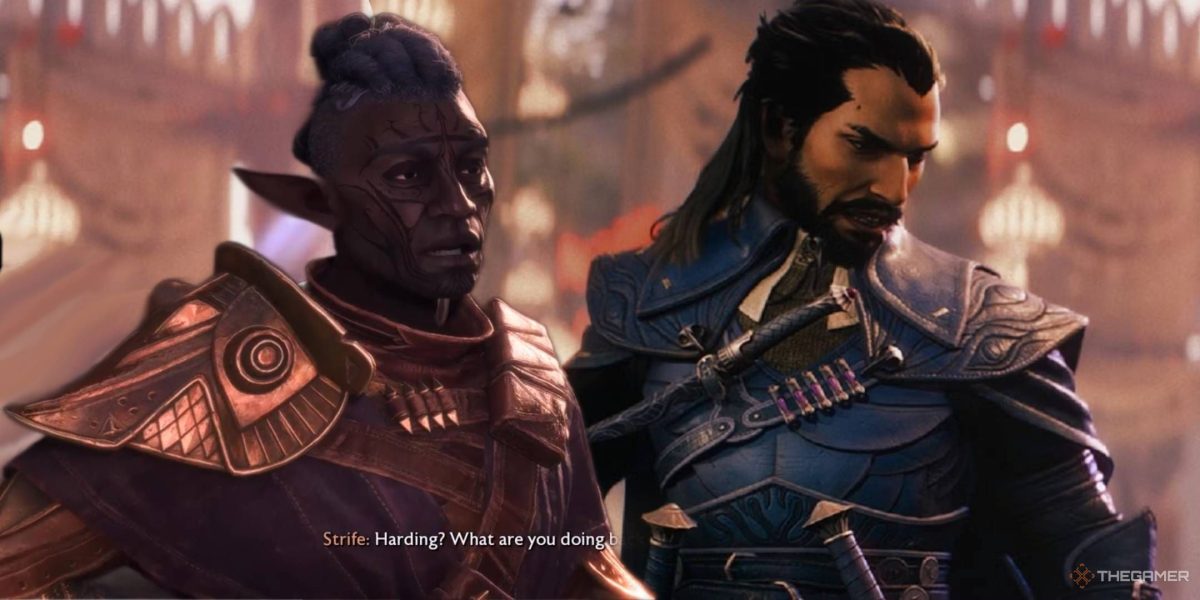
- BioWare
- Dragon Age
- Dragon Age 2
- Dragon Age: Inquisition
- Dragon Age: Origins
- Dragon Age: The Veilguard
- PC
- playstation
- rpg
- steam
- Triple-A
- xbox
What’s Going On With Dragon Age: The Veilguard’s Accents?
I was surprised and happy to hear my Rook’s dulcet Geordie tones tickling my ears as I started Dragon Age: The Veilguard. With two American and two English voice options to choose from when creating your avatar, my expectations were low. The usual options for an English accent in fantasy RPGs are the posh affectations reminiscent of Tom Hiddleston or Emma Watson, or a knees-up cockney vibe like something out of Oliver Twist.
Dragon Age: The Veilguard gives us a protagonist from Tyneside. Actress Bryony Corrigan hails from Northumberland in the north east of the country, and her performance in The Veilguard shows her familiarity with her native dialect. It’s refreshing to see (or, more accurately, hear) a northern accent in a triple-A game like this, even if I’m still trying to place exactly where in God’s own country Rook hails from. My editor from the north east pins it down as North Shields, but I suspect it travels a little further down the A1 at times.
While I love to hear my Rook talk, I’ve got some problems with other characters’ accents. Some hop about from country to country in a single sentence, while others don’t make sense within the Dragon Age canon. Without further ado, let’s get into the weirdness.
Dragon Age: The Veilguard’s Elves Don’t Make Sense
The most discordant accent comes from the game’s elves. Dalish elves in Dragon Age have a clear heritage: their design, spirituality, and accents all come from Ireland. The pantheon of gods take liberally from Irish mythology, there are parallels between Tír na nóg and Arlathan; Coire Ansic and the Well of Sorrows; and Brú na Bóinne is an Eluvian by any other name.
Irish culture penetrates Dragon Age deeply. Flemeth and Morrigan are also directly drawn from Irish mythology.
That’s before you take into account the plight of the elves in Thedas. Put down and discriminated against, the Dalish are desperate to cling onto whatever elements of their culture they can. They’re barely allowed to speak their own language, let alone practise their religion. Remind you of anything in recent history?
I’m sure Welsh, Scottish, and Irish people will understand the real-world implications, as their cultures have been quashed by the English for centuries. These languages have struggled to be remembered, but are fighting to make a resurgence nowadays as people want to honour their heritage.
All of this culture, the real-life parallels, and the Irish mythological references informed the accent of the Dalish. There are both Irish and Welsh accents mixed in, but every Dalish elf had that signature celtic twang in past games. In The Veilguard, that has disappeared.
One of your first missions in The Veilguard is to aid the Veil Jumpers, a group of explorers who raid ancient Dalish tombs for their treasures. It’s very Indiana Jones, very Tomb Raider, and very American.
The Dalish who lead this expedition have all manner of accents. The first Veil Jumpers we encounter, Dalish elves by the names of Strife and Irelin, have American and Japanese voice actors respectively. While I appreciate BioWare is trying to expand its horizons when it comes to its voice actors, the likes of Strife and companion Bellara’s American accents are jarring based on Dragon Age’s existing ‘rules’.
Explaining The Accents
Jarring as they sound, there are potential lore-abiding explanations for these accents. I don’t know where Strife and Bellara come from. Perhaps they’re city elves who have joined a Dalish clan? I find Irelin’s accent less jarring because there’s no precedent for Asian elves in the series. But American accents will always be associated with city elves for me, with the Alienage and the oppression therein.
I know that Origins gave the Elves different accents, but the Dragon Age 2 retcon felt like BioWare course correcting and finding the true place for elves in Thedas.
There’s also the fact that we’re up north now. Our Rook has a northern accent, so why shouldn’t the Tevintan elves have a different accent to those in Ferelden? Perhaps all Elves up here speak like this. But even then, I’d like to see more consistency within each clan.
In The Veilguard, the Dalish don’t feel like a clan. They’re a collection of individuals with no connection to each other. Bellara’s over the top vocal performance doesn’t help things, but the whole race of elves feel disjointed and strange. What connection could Solas and his musical Welsh lilt possibly have with these people?
Are The Antivan Crows Spanish Or Italian?
I was very excited to meet the Antivan Crows, and Lucanis Dellamorte didn’t disappoint. An assassin possessed by a demon, his flamboyant assassinations have been a mainstay in my party since I freed him from his underwater prison.
But there’s a question on my lips, and apparently many other people’s if social media is to be taken at face value. Where is Antiva meant to represent? Obviously nowhere in Thedas has a direct parallel to the real world, but BioWare’s writers have long taken inspiration from real places, histories, and peoples to inform their designs and make their characters more engaging.
The obvious answer is Italy. Dellamorte is a bastardisation of the Italian phrase “della morte”, meaning “of death”. Treviso, the port city of Antiva where we find our Crows, is named after an Italian city of the same name. So Antivans are Italian, right? Wrong.
Lucanis is voiced by Zach Mendez, an American actor whose father is Spanish and speaks the language fluently. He’s even weaved Spanish phrases into his performance. This gives the character personality and history, but it feels at odds with the Italian setting.
However, this has always been a dichotomy in Dragon Age. The setting of Antiva is inspired by Calabria, and Treviso nails that Venetian feel. But the voice actors have always sounded Spanish. It’s a weird crossover, but at least consistent throughout each game. After all, these are fictional characters inhabiting fictional places, and the creators have taken inspiration from all over the Mediterranean.
Still, I hope I get some explanations as I play more, because the inconsistencies within Thedas are irksome and annoying. Especially for the Dalish, whose entire existence is linked to themes of subjugation that are tied to their accents and to Solas’ motivations in The Veilguard.
Accents are important. They help to build a coherent, consistent world for us to explore as much as the architectural motifs of each city we visit. At the moment, there’s something not right with The Veilguard’s voice acting, but I hope it can pull through and deliver an experience that not only lives up to past iterations of Thedas, but carves its own path forward that feels like it belongs. Because right now, it does neither.
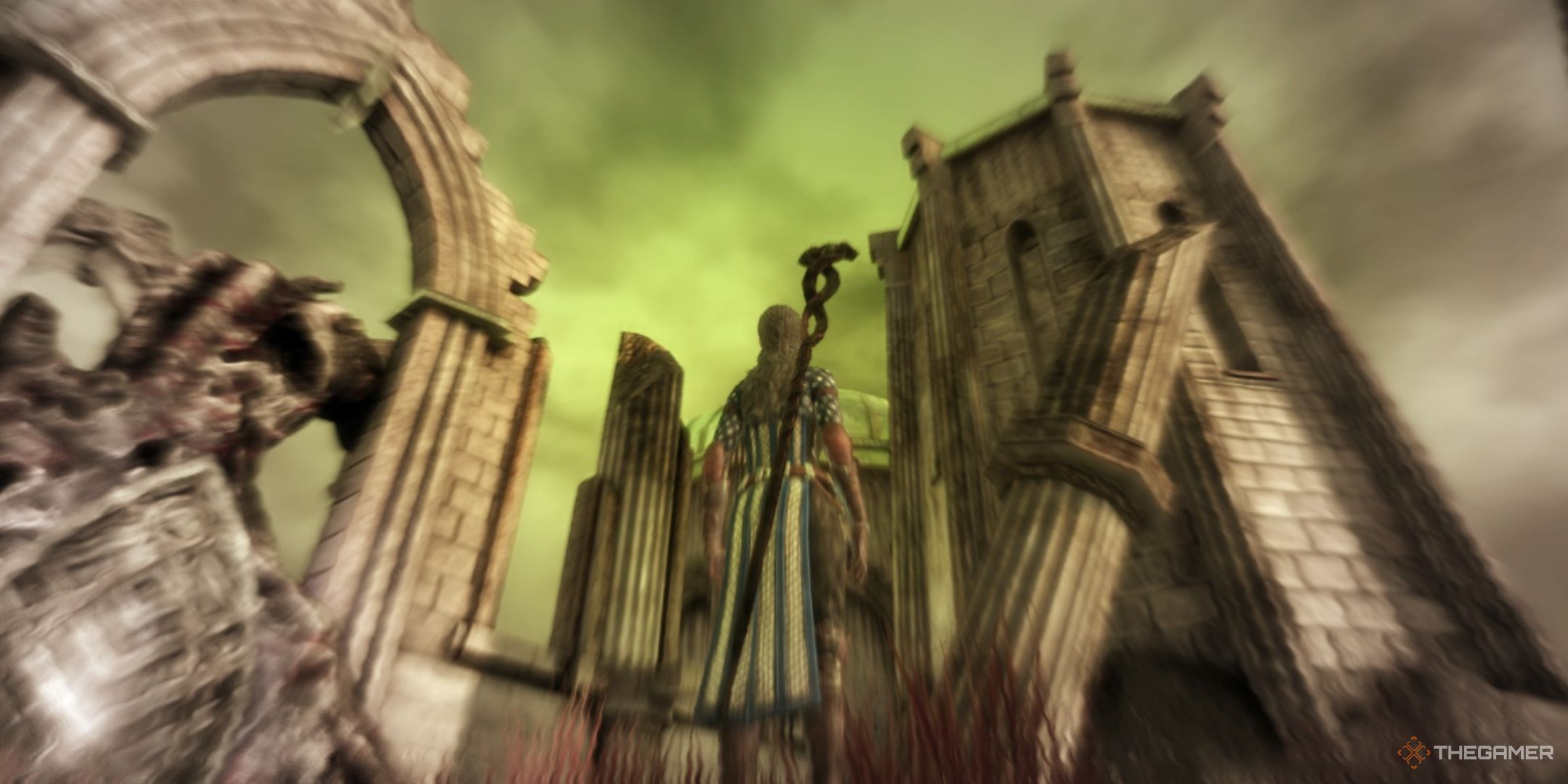
Next
Dragon Age: The Veilguard Makes Fun Of Origins’ Most Annoying Quest
Dragon Age: The Veilguard has a reference to the infamous Fade segment from Origins, poking fun at how frustrating we all found it.


